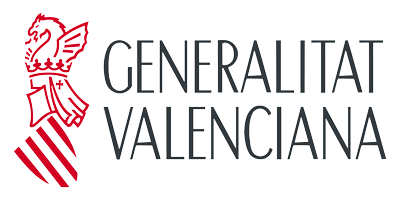Where: Seminario Edificio Investigación
Presented by: Eduardo Peris
The activation and functionalization of chemical bonds represent fundamental processes that underpin chemical synthesis. While such transformations have been exploited in catalysis primarily through the application of late transition (‘Noble’) metal catalysts, other approaches based on ‘base’ 3d metals, frustrated Lewis pairs and s-/p- block elements have recently begun to emerge.1
We have been interested in developing compounds of the group 13 and 14 elements which show unusual electronic structure and/or patterns of reactivity towards E-H bonds (E = H, B, C, N, O, Si). These include highly reactive analogues of carbenes and vinylidenes featuring the heavier group 14 elements,2-4 and unusual 5- and 6- valence electron species featuring the Group 13 metals.5,6 We have applied these systems to a range of challenging functionalization processes including the activation of ‘difficult’ E-H bonds (O-H/N-H bonds in water/ammonia, unactivated C-H bonds)3,7 and the pairing of oxidative addition processes with subsequent reductive generation of functionalized products.3,6
1. See, for example: P.P. Power, P.P. Nature, 2010, 463, 171.
2. A.V. Protchenko, K.H. Birjkumar, D. Dange, A.D. Schwarz, D. Vidovic, C. Jones, N. Kaltsoyannis, P. Mountford, S. Aldridge, J. Am. Chem. Soc., 2012, 134, 6500.
3. 3. A.V. Protchenko, J.I. Bates, L.M.A. Saleh, M.P. Blake, A.D. Schwarz, E.L. Kolychev, A.L. Thompson, C. Jones, P. Mountford, S. Aldridge, J. Am. Chem. Soc., 2016, 138, 4555.
4. A. Rit, J. Campos, H. Niu, S. Aldridge, Nature Chem., 2016, 8, 1022.
5. A.V. Protchenko, D. Dange, J. Harmer, C.Y Tang, A.D. Schwarz, M.J. Kelly, N. Phillips, K.H. Birjkumar, C. Jones, N. Kaltsoyannis, P. Mountford, S. Aldridge, Nature Chem., 2014, 6, 315.
6. A.V. Protchenko, D. Dange, A.D. Schwarz, M.P. Blake, C. Jones, P. Mountford, S. Aldridge, J. Am. Chem. Soc., 2014, 136, 10902.
7. J. Hicks, P. Vasko, J.M. Goicoechea, S. Aldridge, submitted.






